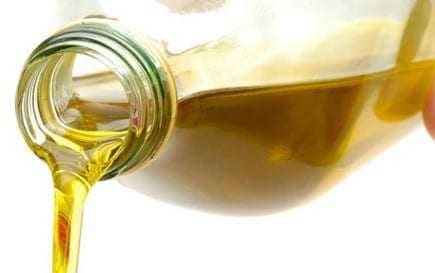
A new study of the ICAP consultants and business intelligence group addresses certain issues of the olive oil industry in Greece in the context of the financial crisis.
During the 2009 – 2010 season the domestic olive oil production was reduced by 4.3 percent compared to the previous season. Contrary to what someone might expect, the study does not correlate the decrease in production with the crisis, but rather with the weather conditions prevailing each harvesting season.
On the other hand, the limited resources of the households in conjunction with the relatively high retail price of olive oil has lead to a decline in olive oil consumption by 6.1 percent, representing a typical manifestation of a market failure where the market price does not decrease as expected due to limited demand.
Standardized oil had a remarkably big decline in demand during the period of 9.3 percent because of competition from bulk olive oil — a phenomenon which, according to the study as commented by the press, is again due to the cut in household income. Meanwhile, there was an increased demand for the cheaper and supposedly lower quality private label olive oil made by independent producers.
Despite the great benefits of olive oil standardization examined recently, producers in Greece still rest on bulk olive oil. Hence, the study says, the bigger part of oil exports (mainly to Italy) is bulk oil and approximately half of the inland consumption is bulk olive oil again, meaning limited revenues for the producers.
The study finds the Greek oil market mature; still, it demonstrates infantile diseases.








